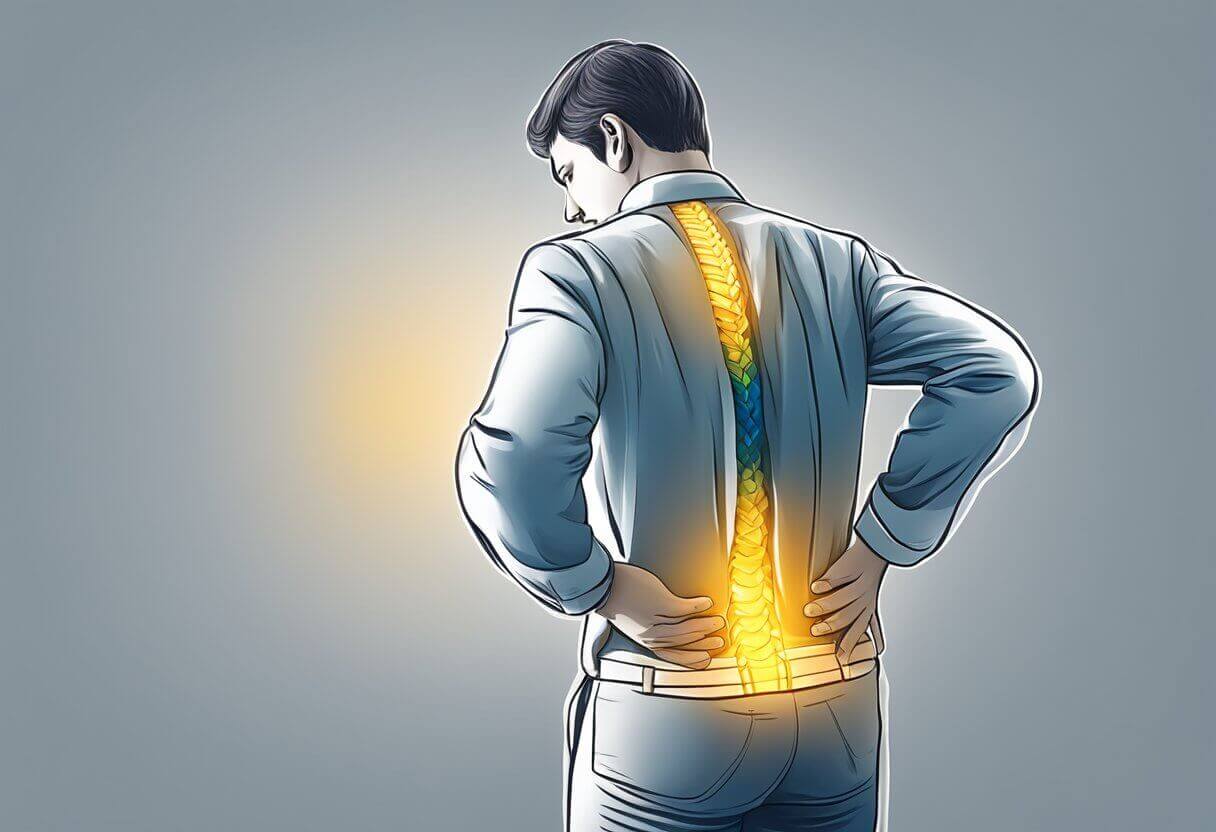Cannabidiol’s Natural Pain-Relieving Properties
Millions of people struggle with chronic pain, often finding little relief from traditional treatments. But what if there was a natural alternative that could offer hope?
Disclaimer: The anecdotal benefits of CBD mentioned on this website are based on preliminary research and individual user experiences. All information presented here is not meant to substitute for or replace information from health care practitioners. Please click here for our full disclaimer, including side effects, FTC position, etc.

Imagine waking up every morning not to the gentle chirping of birds or the soft rays of the sun but to the relentless grip of chronic pain. For those who live with this daily reality, the search for relief can feel endless and frustrating. Traditional pain medications often come with a host of side effects and the risk of addiction, leaving many yearning for a better solution.
This is where CBD, or cannabidiol, steps into the spotlight. Derived from the hemp plant, CBD has emerged as a promising natural alternative for managing pain, thanks to its potential anti-inflammatory and analgesic properties. As more people discover the benefits of CBD, it’s no surprise that this once-overlooked compound is now at the forefront of discussions about pain management.
-
CBD for Inflammation
A Natural Remedy to Reduce Pain and Swelling Millions of people struggle with chronic inflammation, seeking relief from the relentless pain and discomfort that traditional treatments often fail to address adequately. If you’re one of the countless individuals battling inflammation, you’ve likely grown weary of the limited options and unwanted side effects of conventional remedies.
-
CBD for Back Pain
Exploring Natural Relief Options Millions of people struggle with back pain, often finding little relief from traditional treatments. Could CBD offer a glimmer of hope. If you’re one of the countless individuals battling back pain, you know all too well the frustration of searching for effective relief. From prescription medications with undesirable side effects to
-
CBD for Headaches
CBD for Headaches: Quick Relief or Hype? Millions of people suffer from headaches, and many are turning to CBD as a potential natural remedy for relief. If you’re one of the countless individuals who experience headaches, you know how debilitating they can be. From tension headaches to migraines, these painful episodes can disrupt your daily
-
CBD for Migraines
Can It Really Ease the Pain? Millions of people suffer from the debilitating pain and disruption caused by migraines, often finding little relief from conventional treatments. If you’re one of the many individuals searching for an effective way to manage your migraines, you may have heard about the potential benefits of CBD. CBD has gained
-
CBD for Arthritis
Exploring Relief Options for Joint Pain Millions of arthritis sufferers are turning to CBD for relief, seeking an alternative to traditional treatments that often fall short. If you’re one of the 58.5 million Americans living with arthritis, you know all too well the frustration and pain that comes with this debilitating condition. The stiffness, swelling,
-
CBD for Joint Pain
Unveiling Natural Relief Methods Millions of Americans suffer from chronic joint pain, and many are turning to CBD as a natural alternative to traditional pain medications. If you’re one of the countless individuals living with the daily challenges of joint pain, you know all too well the limitations it can impose on your quality of
-
CBD for Nerve Pain Relief
What You Need to Know Nerve pain affects approximately 7-10% of the general population, who often find little relief from conventional treatments. Could CBD offer a glimmer of hope? If you’re one of the countless individuals grappling with the relentless, shooting, or burning sensations of nerve pain, you know all too well how it can
-
CBD for Cancer Pain
Exploring Relief Options For those battling cancer pain, finding effective relief can be a constant struggle, leaving many searching for alternatives to traditional pain management options. Cancer pain is a reality that countless individuals face daily, often leaving them feeling helpless and desperate for relief. While conventional treatments like opioids and chemotherapy can help manage
-
CBD for Fibromyalgia
Exploring Natural Relief Options For the millions of people living with fibromyalgia, finding effective relief can be a constant struggle, leaving many searching for alternative options to manage their chronic pain and fatigue. If you or someone you love is among the estimated 2-4% of the population battling fibromyalgia, you’ve likely experienced the frustration of









